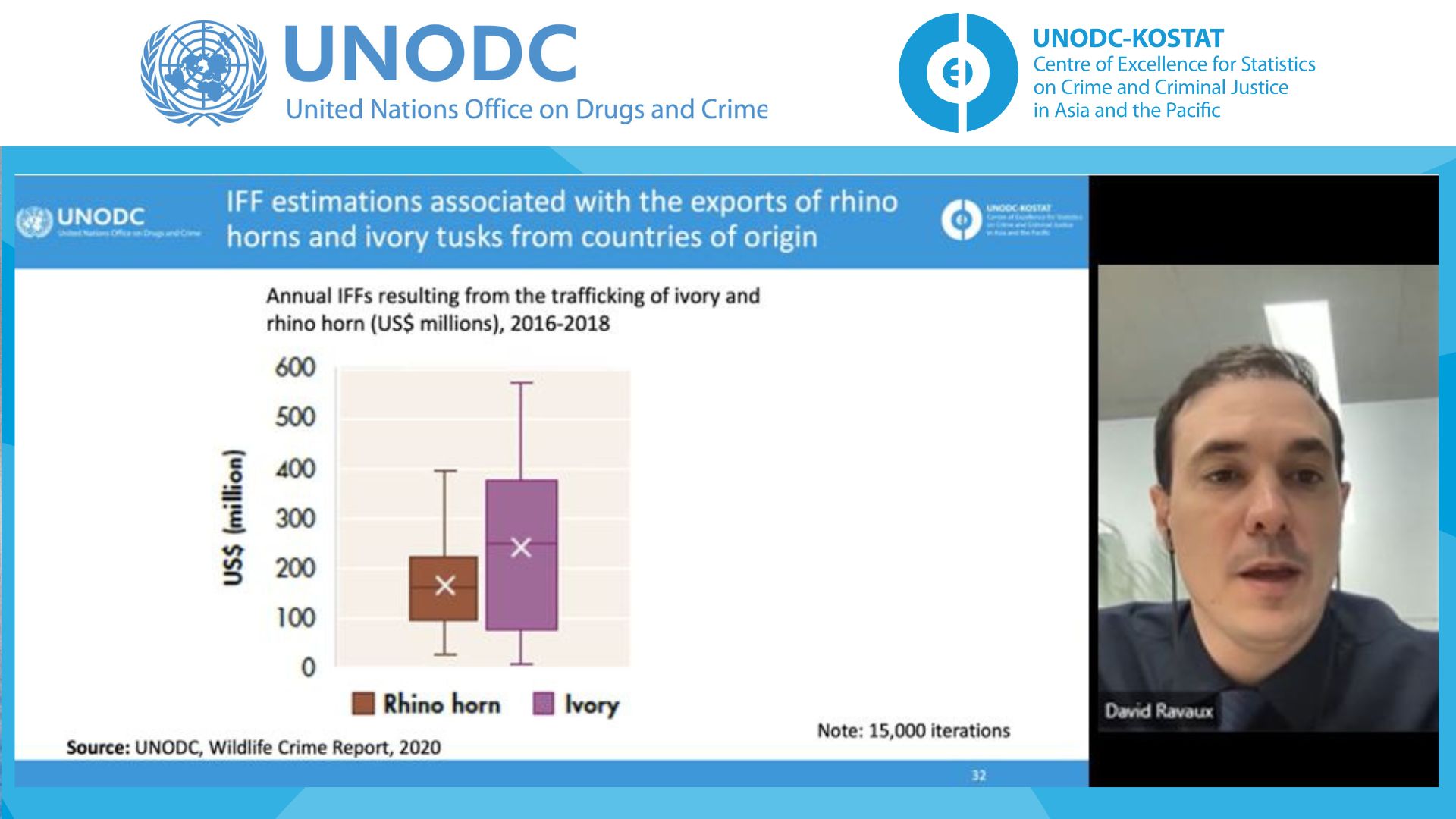
(Libreville) Gabon, (Abuja) Nigeria, Dakar (Senegal), Burkina Faso (Ougadougou). Virtual, 26 April 2024 – The United Nations 2030 Agenda identifies the reduction of Illicit Financial Flows (IFFs) as a priority area, as reflected in Target 16.4. These flows pose a global threat because the proceeds from criminal activities are often transferred between countries to be laundered, utilized and reinvested in further illicit activities.
During the 47th Session of the UN Statistical Commission in 2016, the indicator 16.4.1 was designed to measure the ‘Total value of inward and outward illicit financial flows, in US dollars’. The United Nations Conference and Trade Development (UNCTAD) and the United Nations Office on Drugs and Crime (UNODC) are co-custodian agencies for this indicator, for which an established methodology and data collection system have been developed.
Currently, the United Nations Economic Commission of Africa (UNECA) leads the Project ‘Measuring and Curbing Illicit Financial Flows’ aimed at strengthening the statistical capacity of selected countries across Asia, Africa and Latin America regions where UNODC is an implementing entity in terms of crime-related IFFs measurement. UNECA is providing assistance to strengthen the statistical capacity of Gabon, Nigeria, Senegal and Burkina Faso to measure IFFs.
On the demand of UNECA, on 26 April, the CoE delivered a virtual training session to its team of four consultants based in the aforementioned countriesto measure IFFs related to drug trafficking, smuggling of migrants, and wildlife trafficking. The session was the opportunity to share the different types of illicit financial flows, the illicit actors involved, and the data needed to produce estimates.
David Ravaux, Methodology Officer from the CoE, presented the methodologies used to measure IFFs in the Maldives, Mexico and Viet Nam, such as the supply and demand-based methods depending on the country profile and data availability. The main challenges encountered were the lack of information and the COVID19 epidemic, which limited the exchange of information between the projects’ stakeholders. The participants actively engaged in the discussion, highlighting the need of identifying the available data to conduct the estimation in the pilot African countries. The training achieved its objectives of providing the participants with the different methods aimed at measuring crime-related IFFs.
Further information on the CoE can be found here, Twitter @CoE_UNODC and Facebook @UNODC.KOSTAT.CoE.